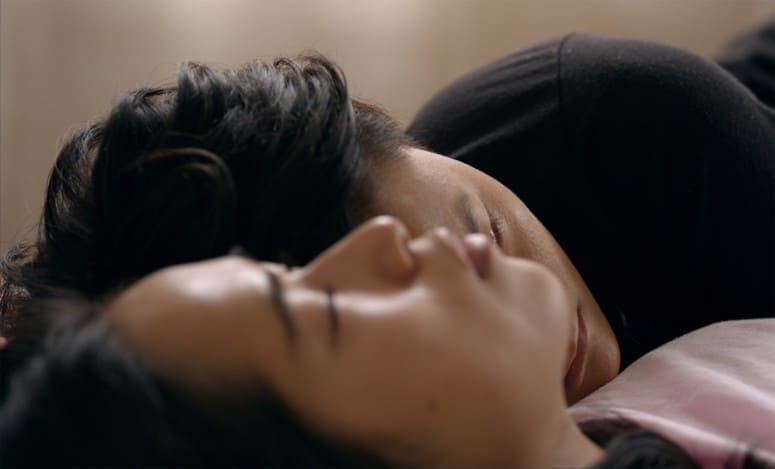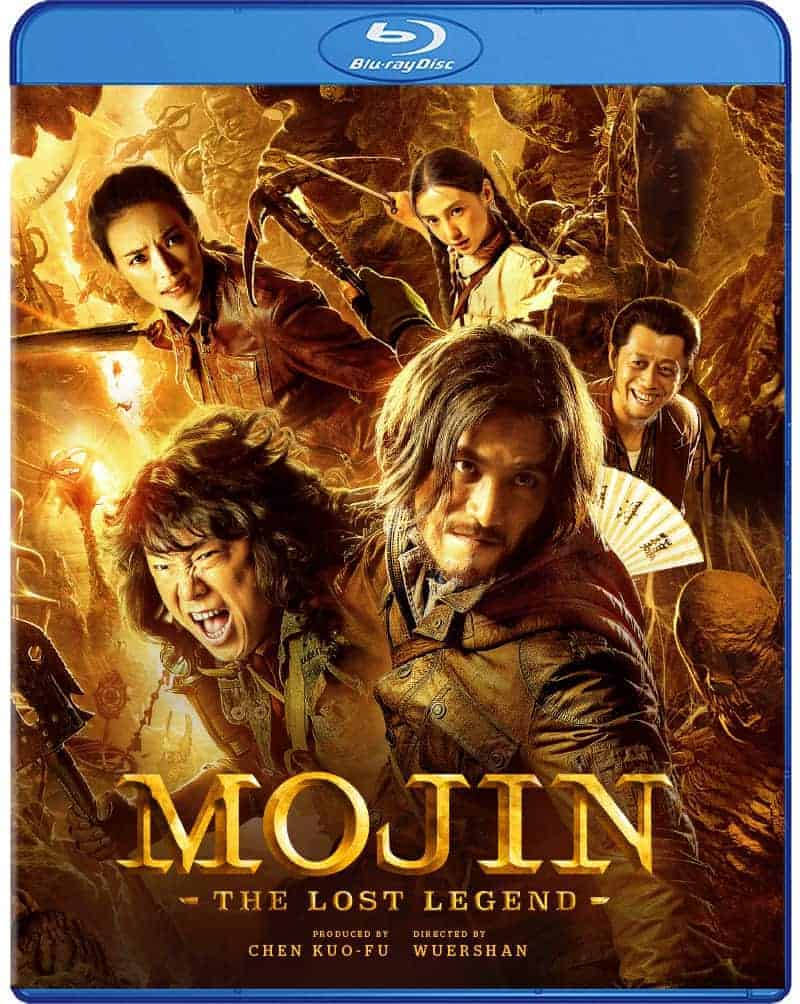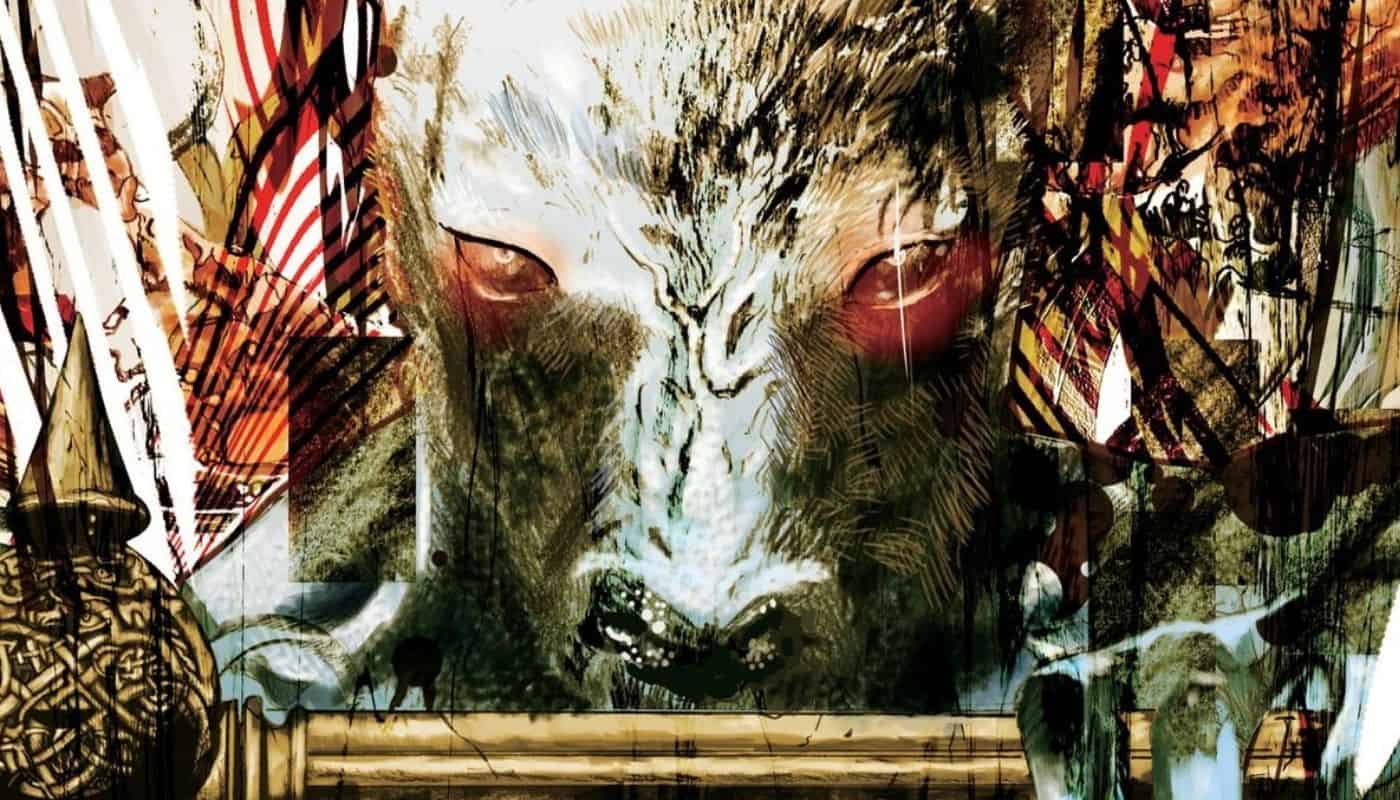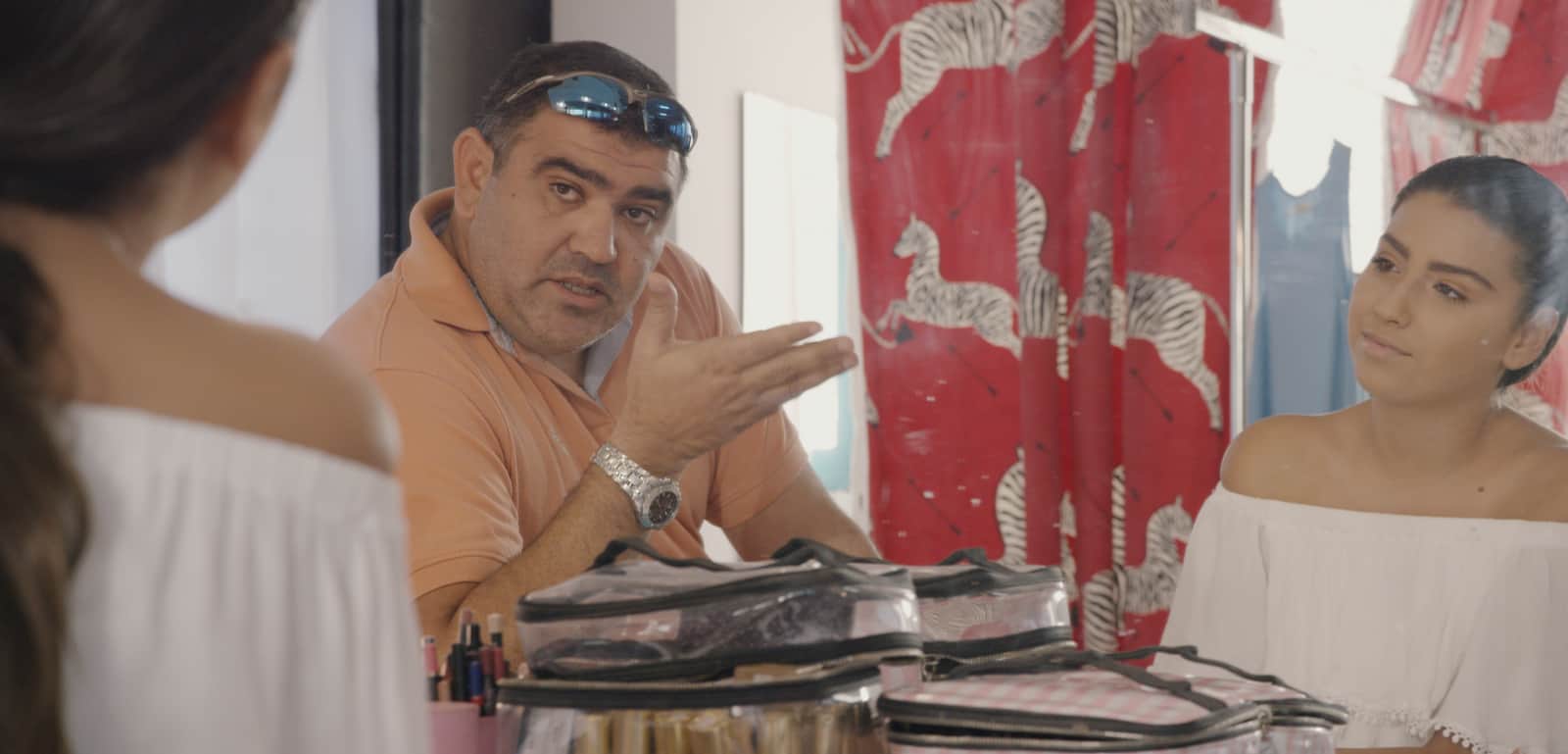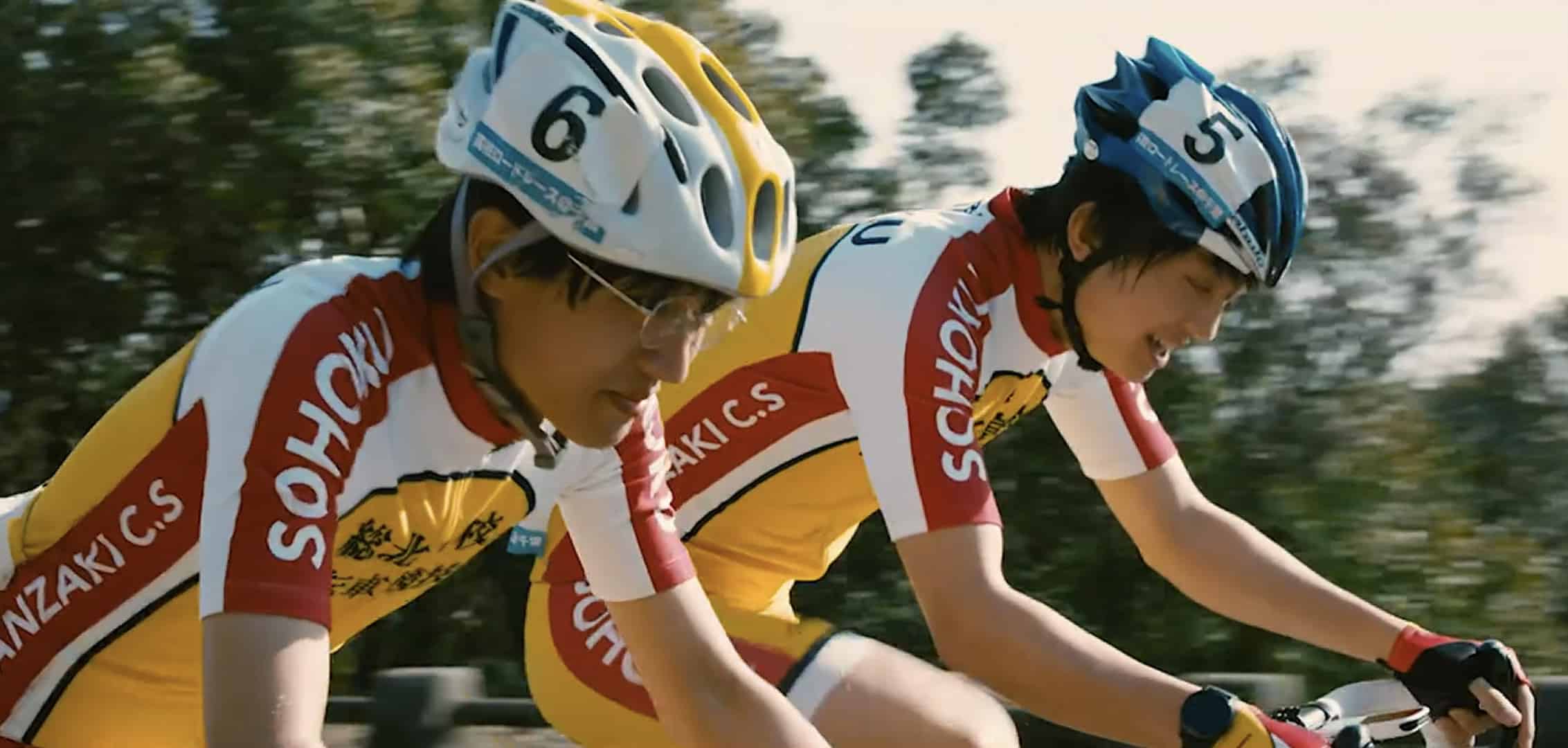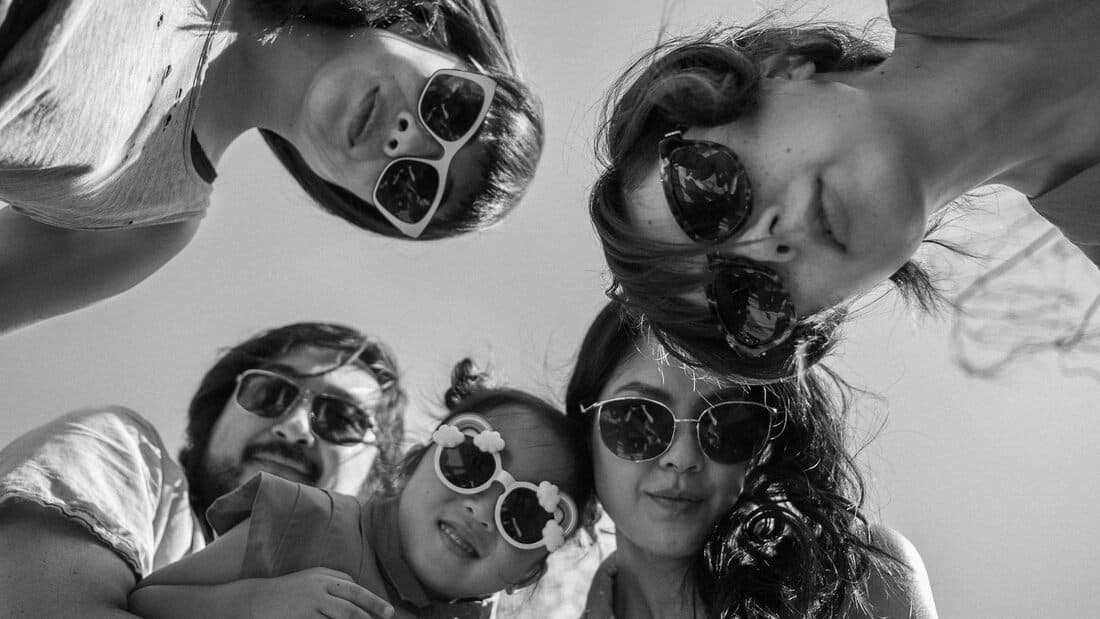Last year, the Chinese-American New York-based queer filmmaker Livia Huang was at the Berlinale with her debut short “Who Can Predict What Will Move You” about two young boys on their last night in Brooklyn who try to find a way to say goodbye. The film screened in the Generation 14+ short section, where it competed for the Teddy Award.
More Happiness is screening on Berlinale
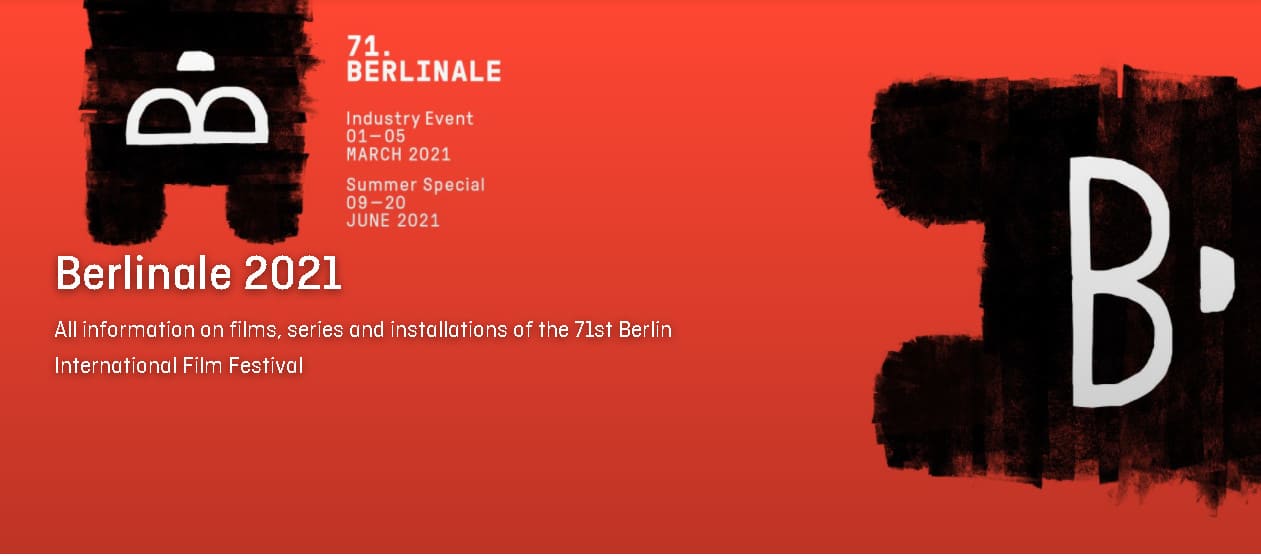
Back in Berlin, Huang is in the short film competition with “More Happiness”, a drama that explores the question of a happy relationship that starts with a simple question from daughter (Tina Wong-lu) to mother (Rui Ying Lu): “Why does a person have to like you more than you like them?”
Who understands life more, children or parents? Who can give a better advice? Are there any correct answers to these questions? Can anyone really come up with a recipe for happiness? From early childhood, we stumble though life with many open question marks, seeking wisdom from those we hope know the answers. Those who “lived life”. The allies, people of confidence, family members or people we call friends, and sometimes – the so-called professionals who are trained to understand- or pretend to understand us for a bundle of money bills. Lightened of cash for the countless therapy sessions, we still try to get the final answers from our parents and close family members if they are still there, not completely out of their minds or worse. And in that search process, life is just passing by.
Mother and daughter speak about relationships, about the importance of being loved and being oneself. Being independent, emotionally, and financially. Suddenly, the daughter asks her mother to teach her how to be a person. This strange request triggers an avalanche of emotions on both sides. The young woman sees flashbacks of happiest moments with her ex (Joyce Keokham). Dancing together on her birthday, alone at home. Caressing each other. Sharing giggles, kissing under the bridge. The questions she asks her mother are there to mend a wound, to start from the beginning. How to be a person? How to feel loved and love oneself more? The mother sees something else, unprojected on the screen, but vocalized in clear, sober words.
The conversation is a voice-over of the young woman's memories. It is barely in the now, except in thoughts. The voices subtitle scenes of nature awakening in spring: a naked tree powdered by snow, water Lilies slowly recovering from long, cold months, a pair of swans minding their own business. Mother's face is shown for a moment only before the camera turns to her busy hands. Not for a second is there a talk about the daughter's sexuality. “A man” should love her more than she should love him, mother says. She would be “happier that way”. The woman's mind wanders back again to her day on the beach with the ex. Putting sunscreen on each other's backs. Just being there, enjoying the sun. The wheel is spinning, the self-search doesn't cease.
Memories don's stop to reoccur. She is pacing though the night behind her beloved one. The pattern of the blouse and ponytail at her eye level. Colours. Reflections. Mundane life.
How do you picture happiness? Can you make a snapshot of it and keep it in your mind and heart forever or does that image get bleaker and bleaker with time? We get no answers, but the young woman's spirit finally breaks free in the final scene of the film.


